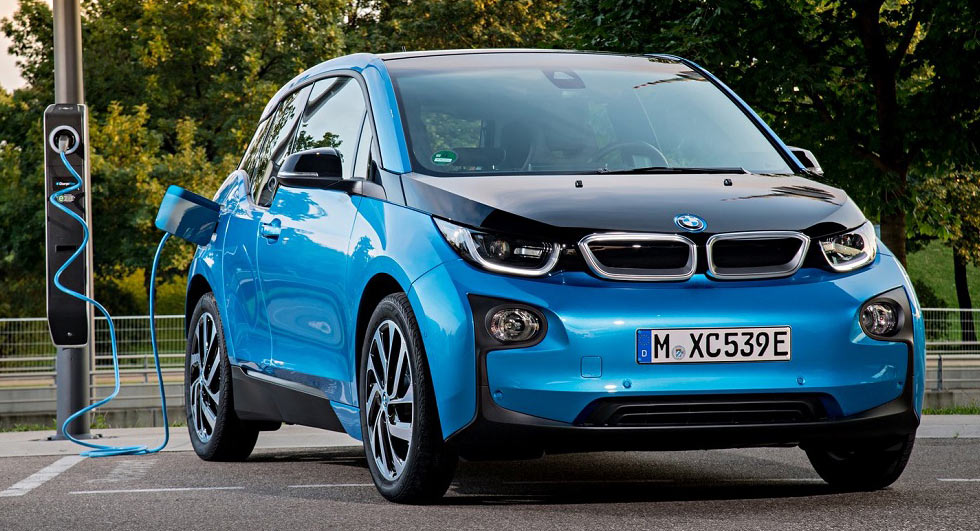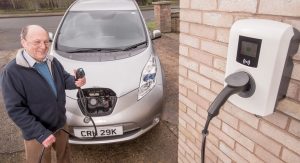The British government is slowing withdrawing support for diesel vehicles in favor of greener options such as plug-in hybrids and electric vehicles.
This should help curtail pollution but a new report suggests the country’s electrical grid is ill-prepared for a major increase in demand.
According to a report published by the independent Green Alliance, the growing number of alternative energy vehicles could push the electrical grid to the “tipping point.”
The Green Alliance cites a study on the impact of electric vehicle usage that reveals when nearly 33 percent of households own an electric vehicle, the electrical grid could be plagued with voltage imbalances and overloaded transformers that may “severely impair power lines.” Unfortunately, that is not a worst case scenario as the study assumed an even distribution of EVs across the country.
Instead, the Green Alliance believes electric vehicle owners will initially be clustered in more affluent parts of the country. If this occurs, the 6,800 residents of Lightwater could be forced to deal with brownouts if just 900 of them decide to purchase an electric vehicle.
The case is even worse in certain parts of the country as modeling has shown “if as few as six closely congregated vehicles charge near a sensitive node at peak times, this may place more local demand than the system can handle.” The resulting brownout and blackouts could lead to damage of the all important distribution grid.
The alliance is urging government and industry to work together to develop smart and innovative solutions to deal with the problem as the Committee on Climate Change estimates that 37 percent of the UK’s vehicle fleet will consist of plug-in hybrid or electric vehicles by 2030. Unless something changes, the cost of coping with the increased electrical demand could require up to £36 ($46.1) billion in network upgrades by 2050.










